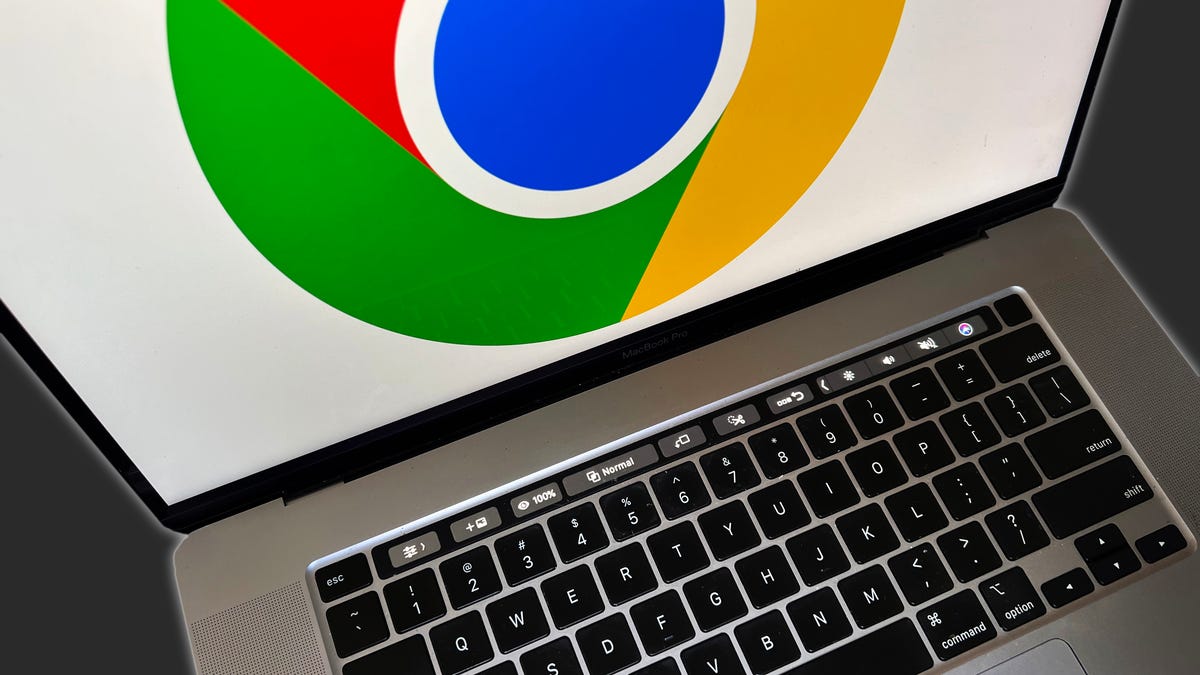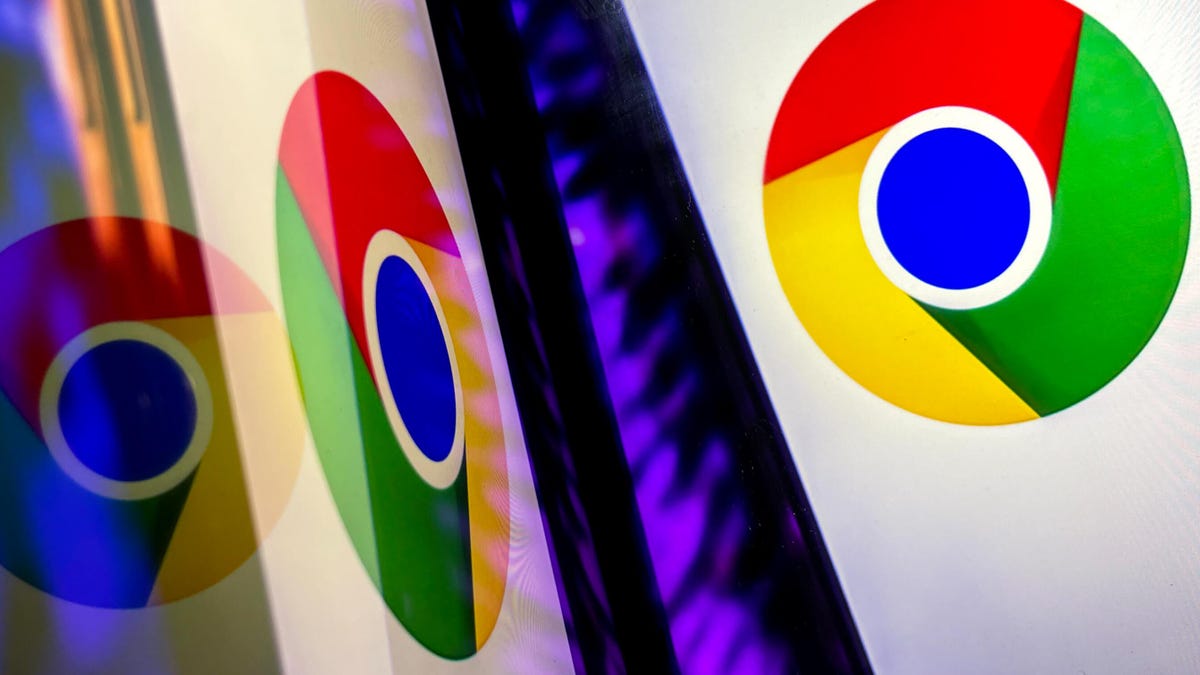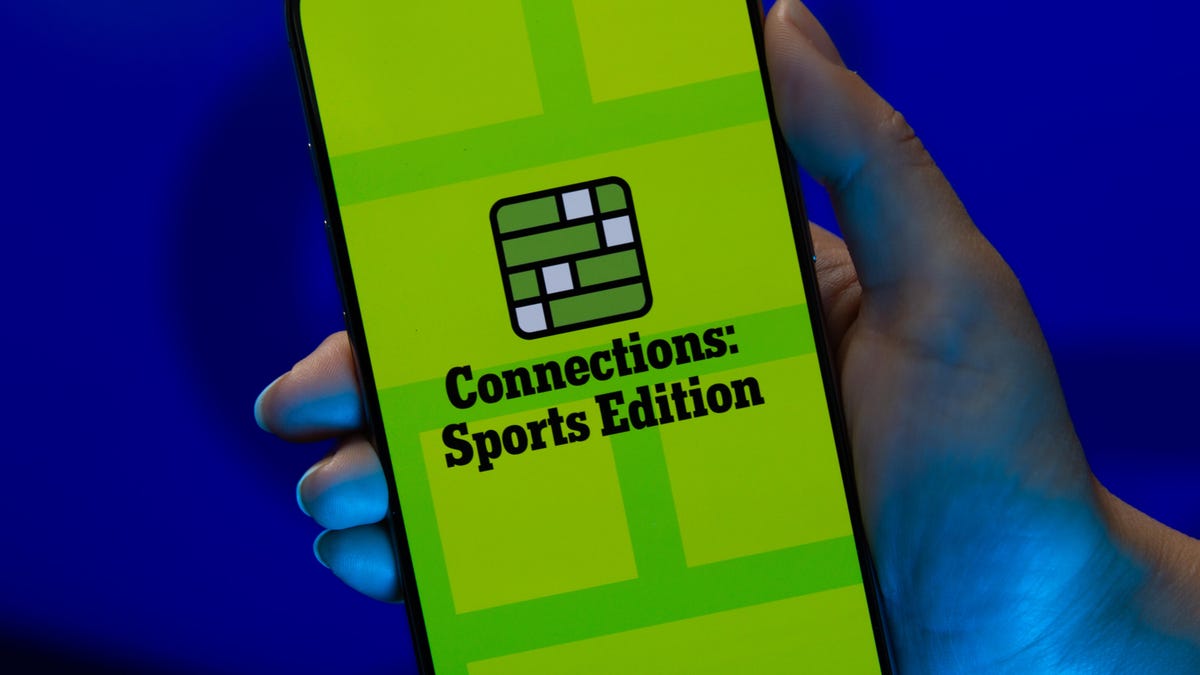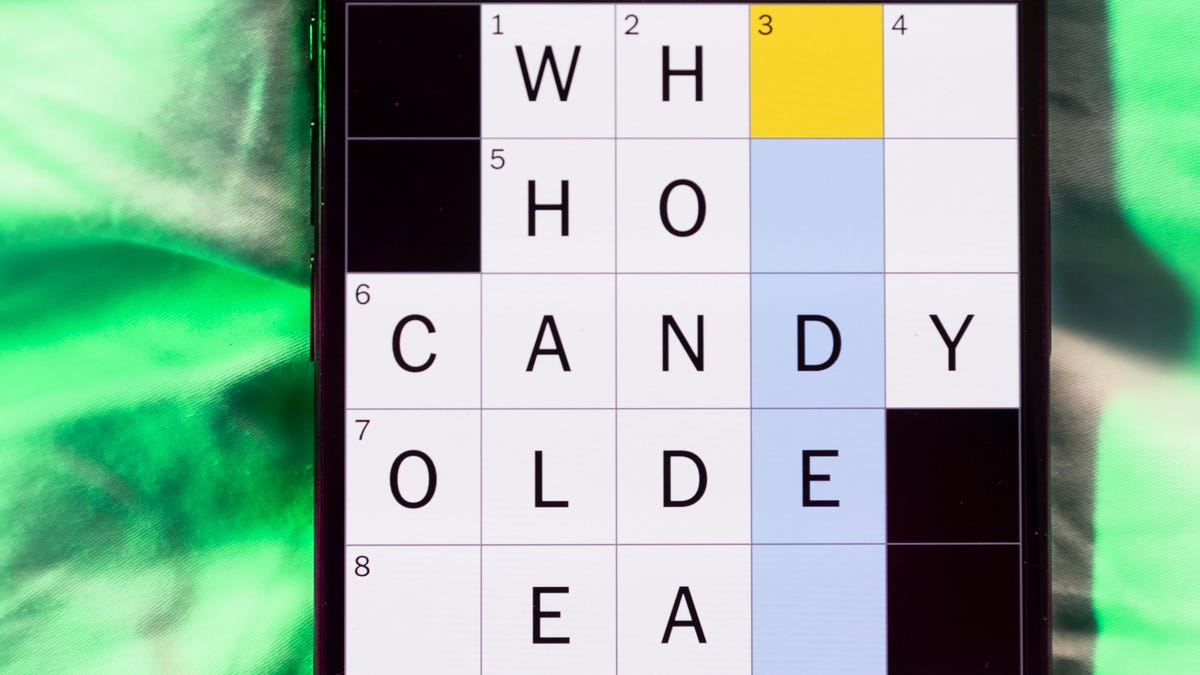Technologies
Judge Rules Google Can Keep Chrome but Must Stop Exclusive Search Deals
Google scores a major win in a huge antitrust suit.

Google doesn’t have to sell its wildly popular Chrome web browser, but it can’t engage in exclusive search deals, US District Judge Amit Mehta ruled on Tuesday. Google must share limited search data and user-interaction data with «qualified competitors,» but the company doesn’t have to share its most valuable ads data.
This remedy is a long-awaited moment after a landmark 2020 antitrust case against Google from the Department of Justice, in which a federal court ruled the internet giant was illegally maintaining a dominance in online search. It did so by inking expensive contracts with companies like Apple, Mozilla and Samsung that made Google the default search platform on various services and devices.
The Justice Department argued that a potential remedy to the case would require Google to sell off its Chrome web browser, which currently maintains 69% global market share, according to GlobalStats. Chrome gives Google valuable user data that it uses to improve search and better focus online advertising.
«Google will not be required to divest Chrome; nor will the court include a contingent divestiture of the Android operating system in the final judgment,» according to the ruling. «Plaintiffs overreached in seeking forced divesture of these key assets, which Google did not use to effect any illegal restraints.»
Additionally, Google can’t make exclusive contracts for Search, Chrome, Google Assistant or Gemini but the company can still pay to have apps pre-loaded. In regards to Android, Google doesn’t have to divest its mobile operating system either. The ruling said, «plaintiffs overreached in seeking forced divesture of these key assets.»
«The Court has imposed limits on how we distribute Google services, and will require us to share Search data with rivals. We have concerns about how these requirements will impact our users and their privacy, and we’re reviewing the decision closely,» said Lee-Anne Mulholland, Google’s vice president of regulatory affairs in a blog post. «The Court did recognize that divesting Chrome and Android would have gone beyond the case’s focus on search distribution, and would have harmed consumers and our partners.»
Mulholland also maintained Google’s argument that, thanks to the advent of AI, competition remains strong in the online information space. Granted, former Googler’s say that Google’s late start to the AI race had more to do with it not wanting to usurp its core money-making product, Search (along with safety concerns), despite the company being the maker of the key transformer technology powering the AI revolution.
The ruling is a reprieve for Google as it was facing a major restructuring of its core business model. Google makes a majority of its revenue from online search and advertising. Because Google Search is the world’s most popular search engine and Chrome, the world’s most popular web browser, it gives the search giant troves of user data and behavior, which it sells advertising against. Google also owns YouTube and Android, both of which have billions of users worldwide. Despite the increasing popularity of AI chabots like ChatGPT, which has 700 million weekly users, Google Search is still 373 times bigger. Last year, Google Search saw a 20% increase in search queries. At the moment, Google maintains a near 90% dominance in the online search market, according to GlobalStats.
Google has also been ruled to be maintaining a monopoly in online ad sales earlier this year, although that’s a separate case. Google currently controls the world’s largest online ads auction platform. This ruling forces Google to «publicly disclose material changes to promote greater transparency» in ad auctions to prevent it from secretly manipulating them in its favor.
Interestingly, the ruling excludes Google from giving publishers more choice in how Google uses their content. Google uses the corpus of published content online to not only train its Gemini AI model but also to feed automatic results into AI Overviews, the AI-generated results that increasingly appear at the top of Search. Publishers have been arguing that AI Overviews are eating into their search traffic, an assertion Google continually denies.
Don’t miss any of our unbiased tech content and lab-based reviews. Add CNET as a preferred Google source.
Technologies
Chrome Autofill Now Supports Passport, Driver’s License and Vehicle Info
Soon, you’ll never need to remember anything ever again.

Computer users are accustomed to web browsers autofilling everything from names and addresses to credit card numbers. Now, Google Chrome is adding new enhanced autofill options that allow users to automatically populate fields for passports, driver’s licenses, and their vehicle’s license plate or VIN, Google said in a blog post on Monday.
Desktop users must choose to turn on the feature, which is called enhanced autofill. Otherwise, it stays off. To turn it on, open Chrome, and at the top right of your browser, select more, then settings, then autofill and passwords. Finally, choose enhanced autofill and turn it in.
Google says Chrome now can «better understand complex forms and varied formatting requirements, improving accuracy across the web.» The company also says that enhanced autofill will be «private and secure.»
This enhanced autofill update is available in all languages, and more data options will be supported in the coming months.
A representative for Google said the company had no additional comment.
Don’t miss any of our unbiased tech content and lab-based reviews. Add CNET as a preferred Google source.
Chrome is a critical component in Google’s business. The web browser, currently the most popular in the world with a 73% market share, according to GlobalStats, provides the company with valuable user data that it uses to sell advertising. Advertising is how Google makes the majority of its revenues. New features help keep users loyal to Chrome, making it more difficult for them to switch to other browsers, including those from companies like Perplexity and OpenAI.
Technologies
Today’s NYT Connections: Sports Edition Hints and Answers for Nov. 4, #407
Here are hints and the answers for the NYT Connections: Sports Edition puzzle for Nov. 4, No. 407.

Looking for the most recent regular Connections answers? Click here for today’s Connections hints, as well as our daily answers and hints for The New York Times Mini Crossword, Wordle and Strands puzzles.
Today’s Connections: Sports Edition is a tough one. The Connections: Sports Edition puzzle makers will never run out of categories because they have discovered they can just pick one athlete and make a connections group out of four facts about that person. They do that today with the blue category, so if you don’t know that one player, you’re out of luck. If you’re struggling but still want to solve it, read on for hints and the answers.
Connections: Sports Edition is published by The Athletic, the subscription-based sports journalism site owned by the Times. It doesn’t show up in the NYT Games app but appears in The Athletic’s own app. Or you can play it for free online.
Read more: NYT Connections: Sports Edition Puzzle Comes Out of Beta
Hints for today’s Connections: Sports Edition groups
Here are four hints for the groupings in today’s Connections: Sports Edition puzzle, ranked from the easiest yellow group to the tough (and sometimes bizarre) purple group.
Yellow group hint: Get up and go!
Green group hint: College hoops.
Blue group hint: Famous basketball player.
Purple group hint: Not fair, but…
Answers for today’s Connections: Sports Edition groups
Yellow group: Energy.
Green group: Men’s college basketball teams with the most championships.
Blue group: Associated with Damian Lillard.
Purple group: Foul ____.
Read more: Wordle Cheat Sheet: Here Are the Most Popular Letters Used in English Words
What are today’s Connections: Sports Edition answers?
The yellow words in today’s Connections
The theme is energy. The four answers are pep, verve, vigor and zip.
The green words in today’s Connections
The theme is men’s college basketball teams with the most championships. The four answers are Kentucky, UCLA, UCONN and UNC.
The blue words in today’s Connections
The theme is associated with Damian Lillard. The four answers are 0, Dame Time, Trail Blazers and Weber State.
The purple words in today’s Connections
The theme is foul ____. The four answers are out, shot, territory and tip.
Technologies
Today’s NYT Mini Crossword Answers for Tuesday, Nov. 4
Here are the answers for The New York Times Mini Crossword for Nov. 4.

Looking for the most recent Mini Crossword answer? Click here for today’s Mini Crossword hints, as well as our daily answers and hints for The New York Times Wordle, Strands, Connections and Connections: Sports Edition puzzles.
Need some help with today’s Mini Crossword? There are a few tricky clues, so read on for the answers. And if you could use some hints and guidance for daily solving, check out our Mini Crossword tips.
If you’re looking for today’s Wordle, Connections, Connections: Sports Edition and Strands answers, you can visit CNET’s NYT puzzle hints page.
Read more: Tips and Tricks for Solving The New York Times Mini Crossword
Let’s get to those Mini Crossword clues and answers.
Mini across clues and answers
1A clue: Quickly fall asleep after a long day
Answer: CRASH
6A clue: 1/16 of a pound
Answer: OUNCE
7A clue: Where chess, shampoo and the number zero were invented
Answer: INDIA
8A clue: Uproar
Answer: FUROR
9A clue: Opposite of saved
Answer: SPENT
Mini down clues and answers
1D clue: Fancy hairdos
Answer: COIFS
2D clue: Period preceding a big event
Answer: RUNUP
3D clue: Tennis great Agassi
Answer: ANDRE
4D clue: Descendant of a wealthy family
Answer: SCION
5D clue: Symbol for «like» on Instagram
Answer: HEART
-

 Technologies3 года ago
Technologies3 года agoTech Companies Need to Be Held Accountable for Security, Experts Say
-

 Technologies3 года ago
Technologies3 года agoBest Handheld Game Console in 2023
-

 Technologies3 года ago
Technologies3 года agoTighten Up Your VR Game With the Best Head Straps for Quest 2
-

 Technologies4 года ago
Technologies4 года agoVerum, Wickr and Threema: next generation secured messengers
-

 Technologies4 года ago
Technologies4 года agoBlack Friday 2021: The best deals on TVs, headphones, kitchenware, and more
-

 Technologies4 года ago
Technologies4 года agoGoogle to require vaccinations as Silicon Valley rethinks return-to-office policies
-

 Technologies4 года ago
Technologies4 года agoOlivia Harlan Dekker for Verum Messenger
-

 Technologies4 года ago
Technologies4 года agoiPhone 13 event: How to watch Apple’s big announcement tomorrow
